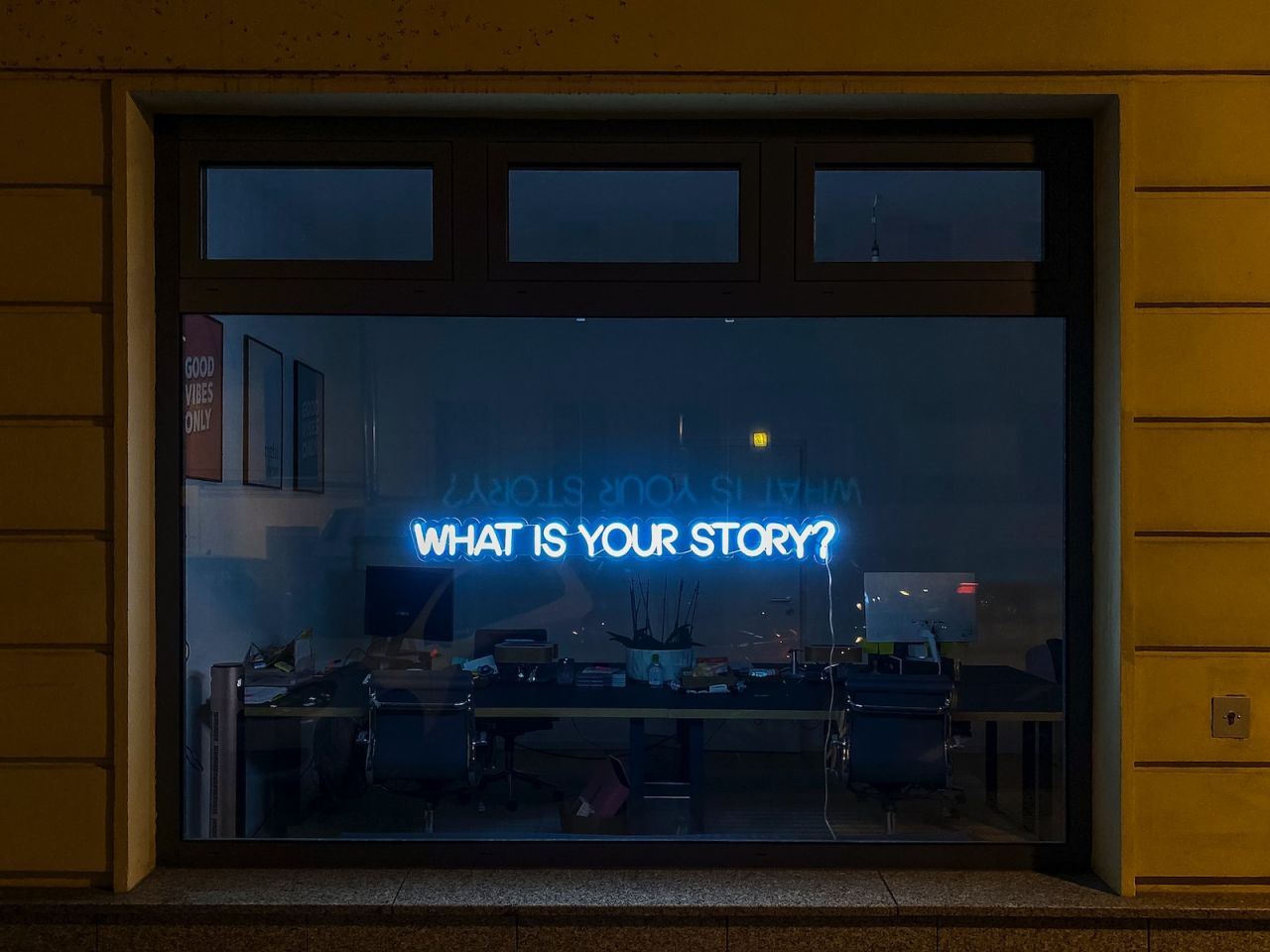What you can learn about Publishing ?

Understanding the world of publishing is integral to anyone who wishes to pursue a writing career. Whether it is a novel, a short story, or an English literature essay, learning about the process behind bringing a manuscript to life offers invaluable insight into the industry.
The publishing landscape can seem intimidating at first, but as you delve into it, you will start to familiarize yourself with its various elements and nuances. Publishing is a diverse industry with traditional publishing houses like Penguin Random House, self-publishing options, and hybrid publishing models.
The Publishing Process
The publication process begins when a writer pens down an idea and shapes it into a manuscript. Whether it’s a book, a short story, or an article, the writer should focus on the creative writing aspect. Knowledge of genre or genres is important, as it gives a sense of where the book will fit in the marketplace.
After the manuscript is completed, it often goes to an editor for review and editing. The writer and editor work together to polish the manuscript and prepare it for publication. Publishers or literary agents can then step in to guide the book through the rest of the process. These professionals can provide resources to help navigate this often complex journey.

Self Publishing
Self-publishing gives writers full control over their work, from the book title to the author bio. As an independent author, you can write, edit, design, publish, market, and sell your book without the involvement of a traditional publishing house.
One can learn about self-publishing through an online course or a book course. Many online courses offer step-by-step guidance on how to self publish a book, taking you from the initial manuscript format to the final book launch.
However, the successful self-published authors will tell you that a key factor to consider is book marketing. Without a publisher’s publicity team, it falls to the author to promote and sell the book. This is where resources such as sales toolset outils de marketing can come in handy, helping authors develop professional marketing strategies.
The Publishing Industry
The publishing industry is a complex world of writers, editors, publishers, literary agents, and many more professionals. Each plays a unique role in the production of a book, and understanding their roles is vital to navigating the industry successfully.
Despite the rise of self-publishing, traditional publishing houses still hold a considerable market share. They offer services such as editing, design, marketing, and sales, taking much of the load off the author. But with these services, they also maintain a level of control over the publication.
Creative Writing
Creative writing is at the heart of the publishing industry. It’s about developing unique ideas and crafting them into a compelling story that resonates with readers. A successful writing career often starts with a strong foundation in creative writing, which can be learned and refined through various courses and resources.
For aspiring writers, online courses can be a rich source of knowledge and feedback. They allow you to explore various writing styles and genres and gain feedback from peers and professionals in the industry. Such courses can also provide valuable insights into the publishing process and how to navigate it effectively.

Publishing in Today’s World
With the advent of the digital age, the publishing industry has seen significant changes. Today, writers have more opportunities than ever to publish their work. Whether it’s through a traditional publishing house, self-publishing, or hybrid publishing, the opportunities to see your book in print are endless.
From understanding the publishing process to launching a successful writing career, there’s a lot to learn about publishing. While it may seem overwhelming at first, resources such as automation tools et gestion de portefeuille can help authors manage their work and focus on what they do best – writing.
Whether you choose to follow the traditional publishing route, take the reins with self-publishing, or find a middle ground with hybrid publishing, the most important thing is to write. So, pick up that pen, start writing, and discover the world of publishing for yourself.
Conclusion
In conclusion, publishing is an enriching field that combines the creative passion of writing with the business acumen of marketing, sales, and brand building. Whether you’re drawn to the prestige of traditional publishing houses, the control of self-publishing, or the flexibility of hybrid publishing, there is a place for every writer in this diverse industry. With a wealth of resources available online, from sales and marketing tools to informative courses, embarking on your publishing journey has never been easier. The world of publishing awaits your unique story, so start writing, and take the first step towards a fulfilling career in this dynamic industry.
Frequently Asked Questions (FAQ) About Publishing
1. What is the publishing process?
The publishing process begins when a writer develops an idea into a manuscript. After editing, the manuscript may be submitted to publishers or agents who guide it through design, marketing, and distribution.
2. What is the difference between traditional, self, and hybrid publishing?
- Traditional publishing: A publishing house handles editing, design, marketing, and distribution but keeps control over the book.
- Self-publishing: The author manages every step, from editing to marketing and sales.
- Hybrid publishing: A mix of both, giving authors more control while still offering professional support.
3. Why is genre important in publishing?
Knowing your genre helps position your book in the market and ensures it reaches the right audience. Publishers and readers rely on genre to understand expectations and appeal.
4. Do I need an editor before publishing?
Yes. Editors help refine language, structure, and clarity, making your manuscript more professional and ready for publication.
5. How does self-publishing work?
Self-publishing allows authors to control the entire process. You can publish through platforms like Amazon Kindle Direct Publishing (KDP) or IngramSpark, while handling editing, cover design, and marketing yourself.
6. What challenges do self-published authors face?
The biggest challenge is marketing. Without a publisher’s team, authors must create their own marketing strategies and use tools to promote and sell their books.
7. What role do literary agents play?
Literary agents connect writers with publishers, negotiate contracts, and often help shape manuscripts to fit industry standards.
8. Is creative writing training necessary for publishing?
While not mandatory, creative writing courses can improve storytelling skills, expose you to different styles, and provide feedback from peers and professionals.
9. How has digital technology changed publishing?
The digital age has expanded opportunities with eBooks, online platforms, and global reach. Authors can publish faster and access readers worldwide without relying solely on traditional publishers.
10. What is the most important first step for aspiring authors?
The most important step is to write. Developing a strong, polished manuscript is the foundation of any publishing journey—whether you choose traditional, self, or hybrid paths.